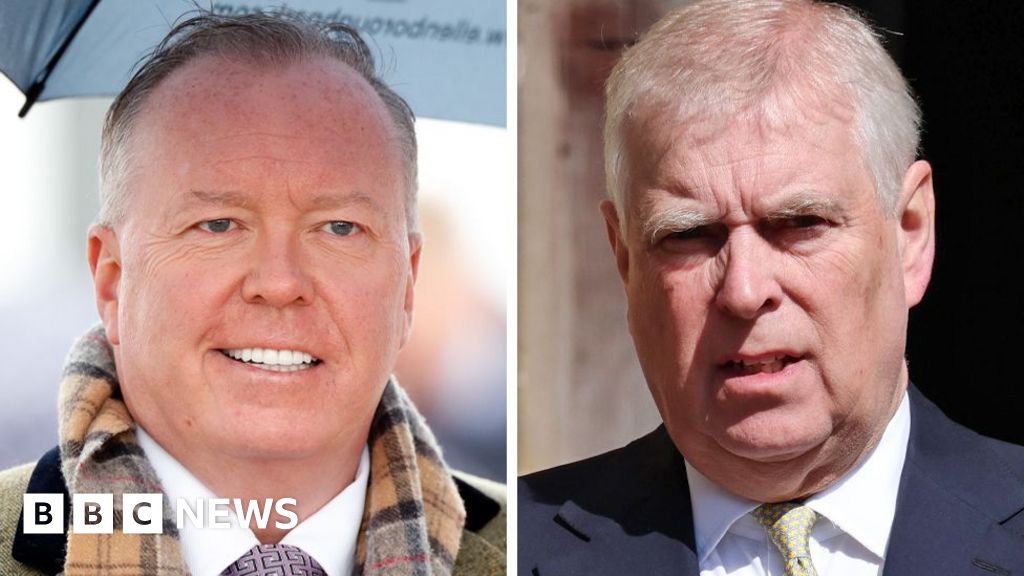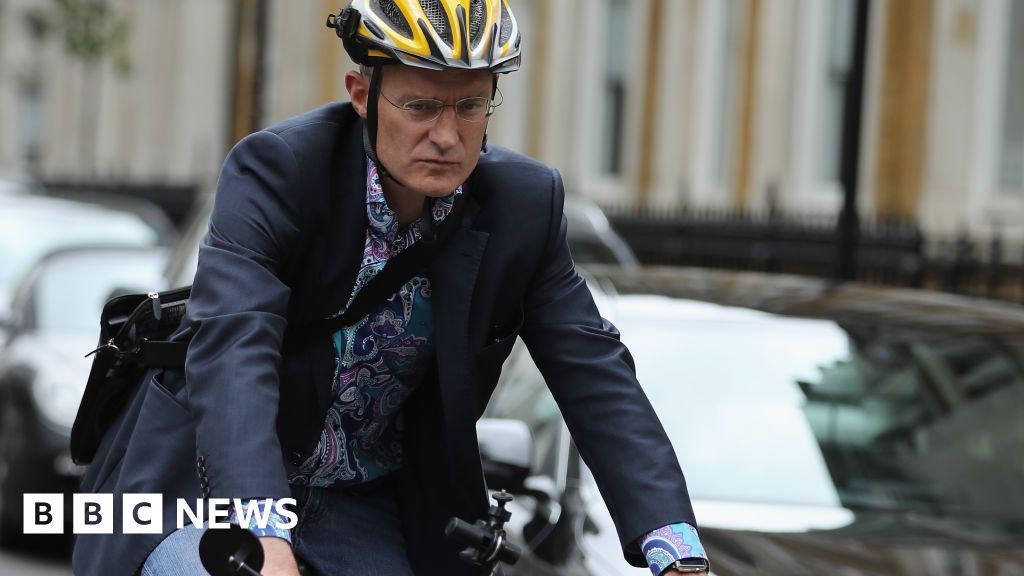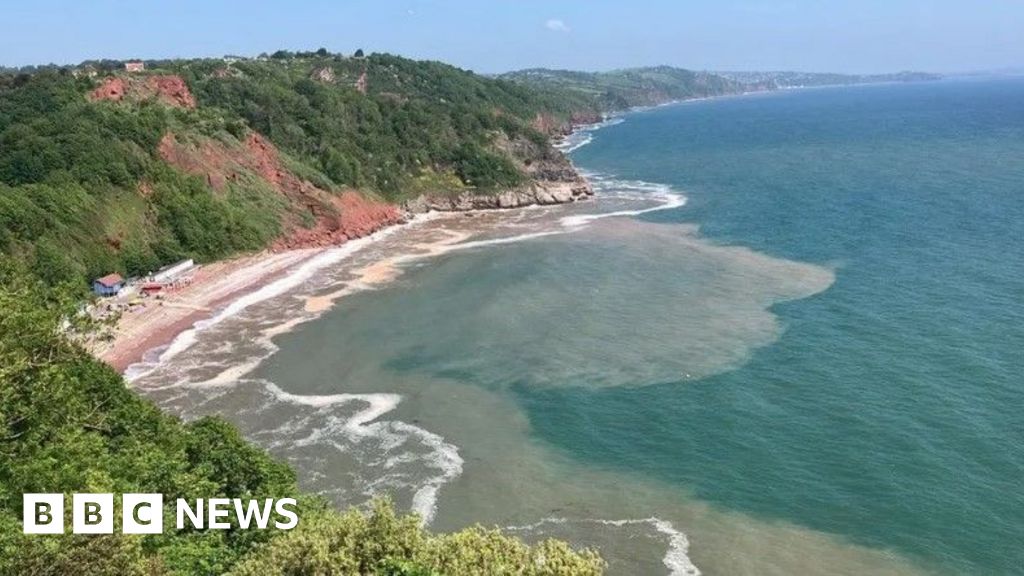The untold story of the battle that helped end WW2 in Europe revolves around Operation Varsity, which played a crucial role in European history, yet remains relatively obscure for many. This battle saw British, Canadian, and American forces taking off from Essex airfields on March 24, 1945, to be dropped directly above the German lines at the River Rhine. Despite the rapid success achieved under fierce fighting conditions, the battle incurred significant loss of life. Just six weeks later, the Western Allies met the Russians in Berlin, culminating in the declaration of Victory in Europe.
Chris Bullock has taken the initiative to organize an event at one of the departure airfields, RAF Rivenhall, to commemorate the fallen soldiers from the operation. Describing it as an “untold story,” he emphasized the importance of remembering those who bravely gave their lives, citing a poignant moment captured in a video where soldiers were seen giving the thumbs up and the V for victory sign before departing for the gliders, not knowing the imminent peril they would face in just a few short hours.
One of the heroic survivors of Operation Varsity is Peter Davies, now 102 years old, who vividly recalls the harrowing experience of flying a glider into enemy territory. In the chaos of battle, Davies found himself in the wrong place among hostile Germans after his glider crash-landed. Miraculously, he and his co-pilot managed to navigate their way back to safety, a feat that showcases the indomitable spirit of those who fought in the operation.
Operation Varsity stands as the largest single airborne operation in history, with over 16,000 men dropped into western Germany on that fateful day. Its significance lies in establishing a bridgehead across the Rhine for the Allies to advance into Germany, aligning with the arrival of Russian forces from the east. Despite the massive losses incurred during the operation, Varsity succeeded in achieving its objectives, marking a pivotal chapter in the final stages of World War Two in Europe
Read the full article from The BBC here: Read More













